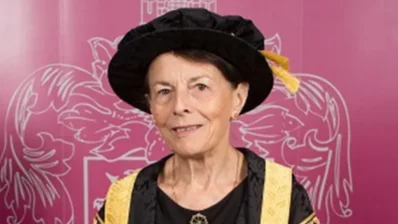The StamiNa project, led by Swansea University in collaboration with Coventry University, Batri Ltd, Strathmore University in Kenya, AceOn Group, and the Federal University of Technology Owerri in Nigeria, has been awarded investment from the Faraday Institution. This project is part of five collaborations aimed at enhancing battery systems to improve their performance and efficiency.
These projects are part of the second phase of the Ayrton Challenge on Energy Storage (ACES) R&D programme. The initiative is spearheaded by Professor Serena Margadonna from Swansea University. The goal is to demonstrate a new sodium-ion battery technology through a prototype designed for e-mobility applications in East Africa.
Professor Margadonna stated: “We’re proud to lead the StamiNa project, which brings together state-of-the-art sodium-ion battery technology developed at Swansea University with a shared vision for sustainable, equitable innovation."
Sodium-ion batteries could serve as an alternative to lithium iron phosphate batteries for electric mobility in Sub-Saharan Africa due to easier transportation and fewer supply chain issues. Batri Ltd and Swansea University have developed this technology using Prussian White cathodes and coal-derived hard carbon anodes.
Prussian White allows for an energy-efficient production process without nickel or cobalt, reducing environmental impact and enabling local supply chains. The project's objectives include optimizing material production, refining cell assembly processes at Coventry University, testing cells in real-world applications at Strathmore University in Kenya, evaluating performance at FUTO in Nigeria, and assessing feasibility for the Sub-Saharan market.

